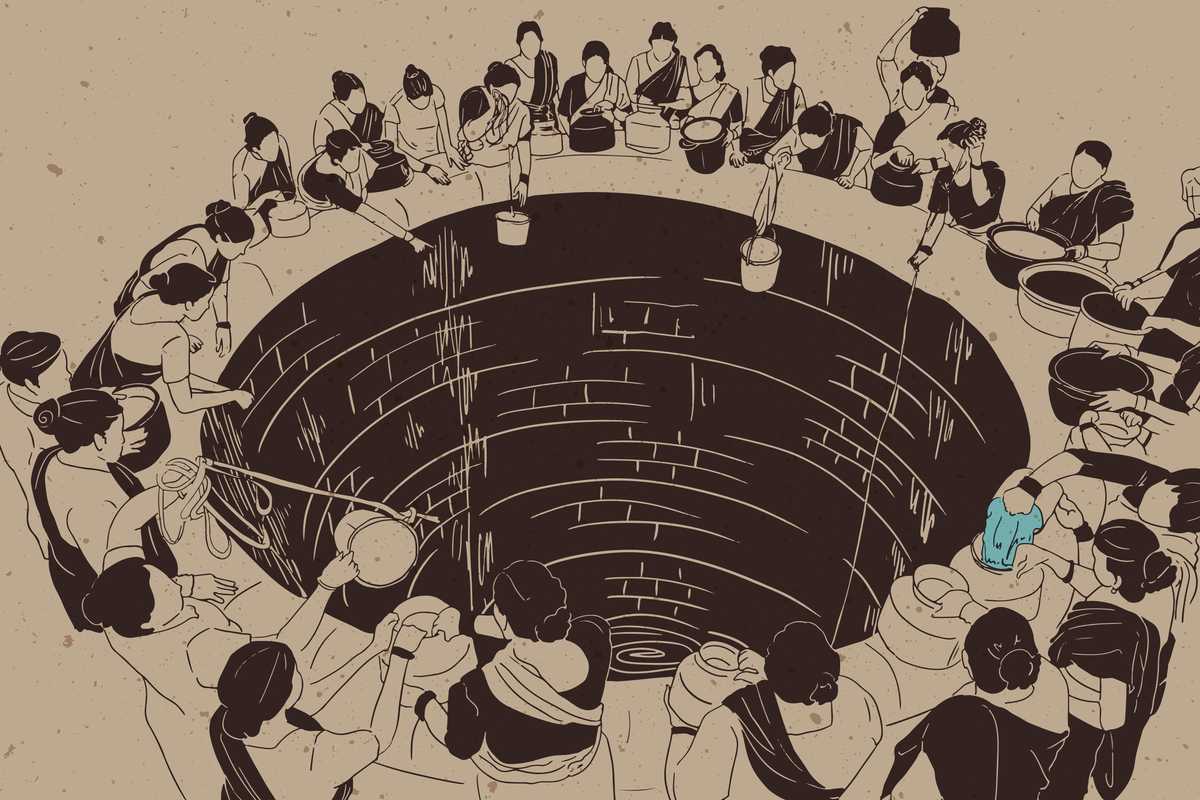Global water crisis threatens economic stability, urgent reforms needed
New report warns water scarcity could slash GDP by up to 15% in low-income nations, driven by government policies that promote overconsumption.
Dubai Desk
The Dubai Desk reports on major developments across the UAE, covering news, culture, business, and social trends shaping the region.

Government subsidies that encourage excessive water consumption are worsening the global water crisis.
Shutterstock
Water scarcity comes at a steep cost, with projections showing it could slash the GDP of high-income nations by an average of 8% by mid-century and up to 15% in low-income countries, according to a report by the Global Commission on the Economics of Water.
A major contributor to the worsening crisis, the report highlights, is government subsidies that promote excessive water consumption.
The report estimates that nearly 3 billion people, along with more than half of the world’s food production, are located in areas facing growing water shortages.
The most vulnerable regions include densely populated areas such as Southern Europe, Northeast China, and Northwest India.
This report precedes the 2024 UN Biodiversity Summit (COP16), set to be held in Colombia, where the protection of wildlife and natural habitats will take center stage.
At the previous summit, 195 nations committed to protecting and restoring at least 30% of the world’s land and water by 2030—a target that now holds even greater urgency in light of the report’s findings.
The water crisis is further aggravated by deforestation and land-use changes, which disrupt ecosystems, alter rainfall patterns, and intensify water shortages. The report notes that the world’s poorest 10% rely on natural water sources for over 70% of their annual water needs, leaving them particularly vulnerable to the impacts of deforestation.
Beyond familiar factors like deforestation and climate change, the report highlights a critical but often overlooked driver of the water crisis: government subsidies that encourage overconsumption.
According to the report, water is often mismanaged due to distorted incentives and ineffective policies. For instance, subsidies for water-intensive crops like cotton and sugarcane have led to their cultivation in some of the world’s driest regions.
The report estimates that globally, at least $550 billion is spent annually on environmentally damaging agricultural subsidies. As a result, agriculture risks losing 13.2 cubic kilometers of groundwater each year.
To put this into perspective, the entire U.S. agricultural sector uses roughly one cubic kilometer of water annually.
The researchers call for a redirection of these vast subsidies, which currently fuel unsustainable water use and environmental degradation, towards initiatives that support water conservation, restore freshwater ecosystems, and ensure clean water access for vulnerable populations. Adjusting water pricing, they suggest, could also alleviate some of the mounting risks.
A 2022 study by the World Meteorological Organization found that the global hydrological cycle is becoming increasingly imbalanced due to climate change and other human activities.







Comments
See what people are discussing